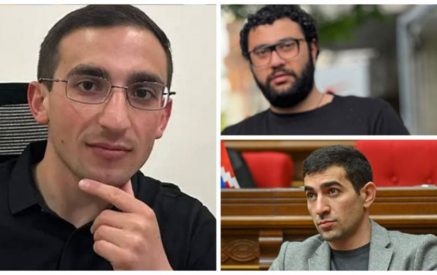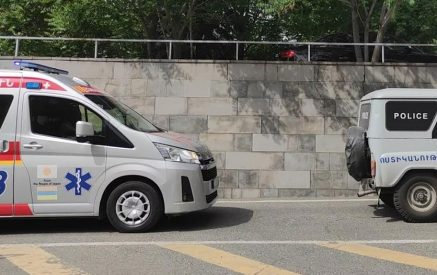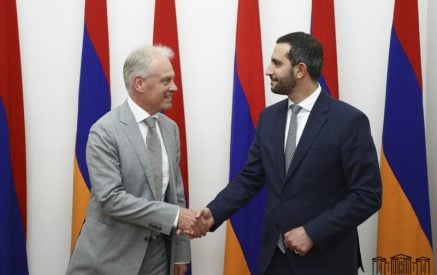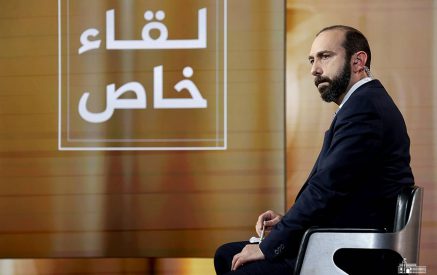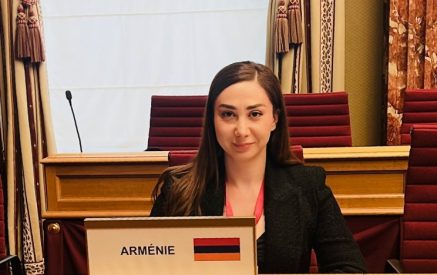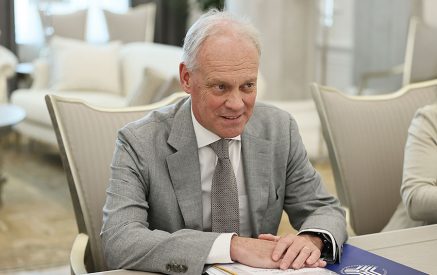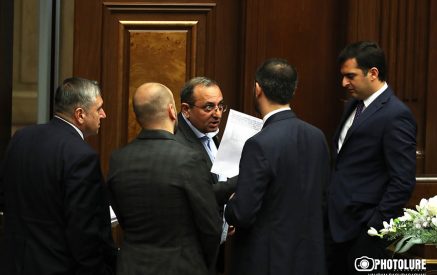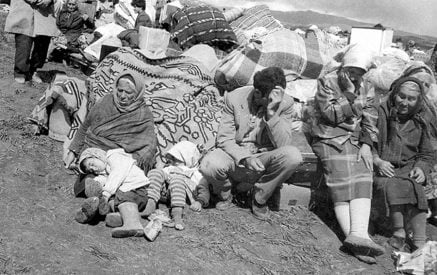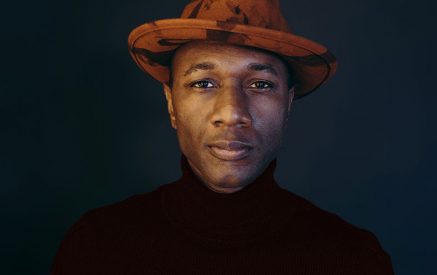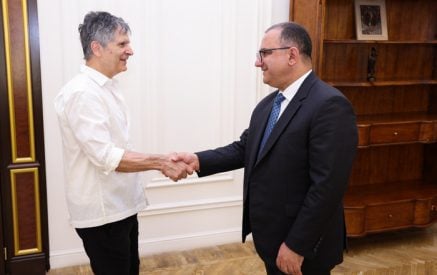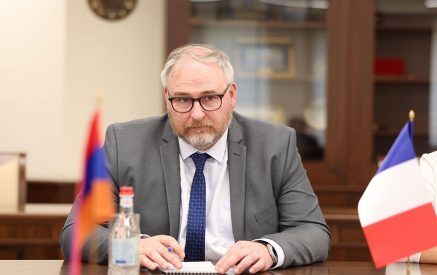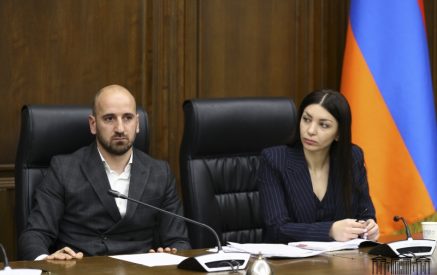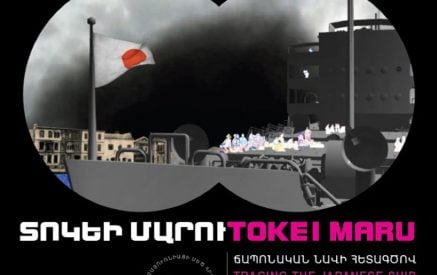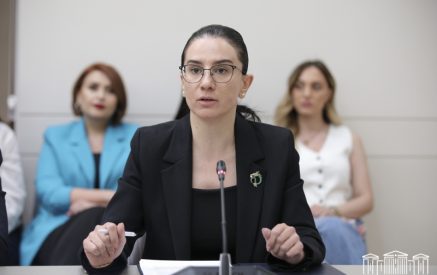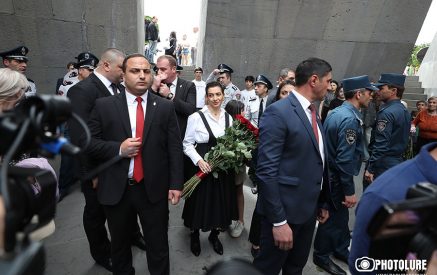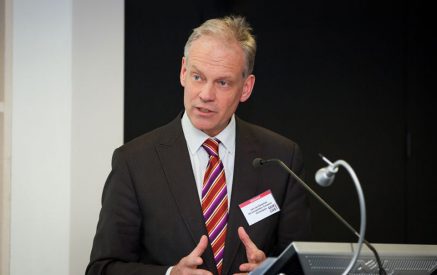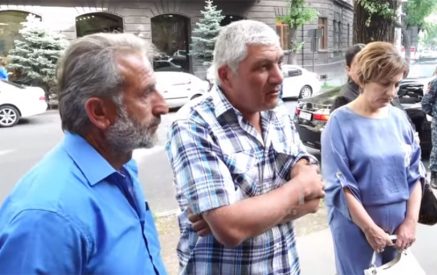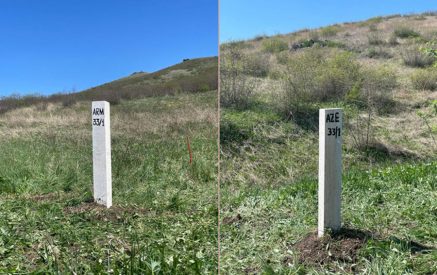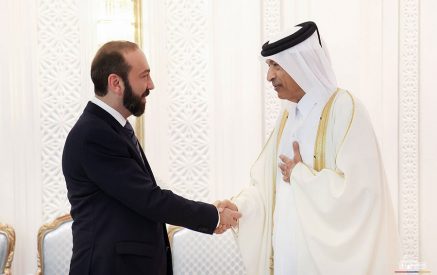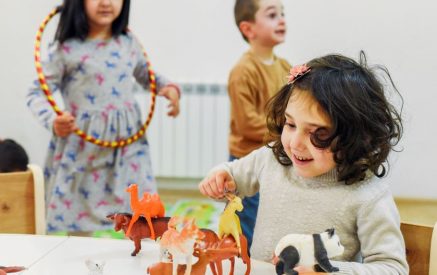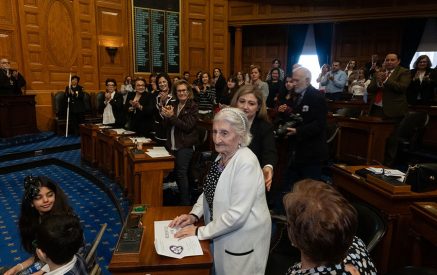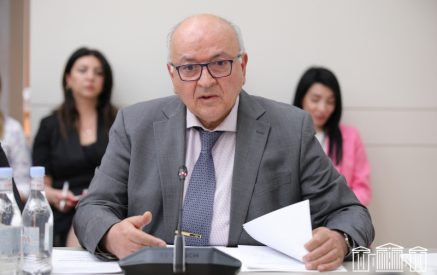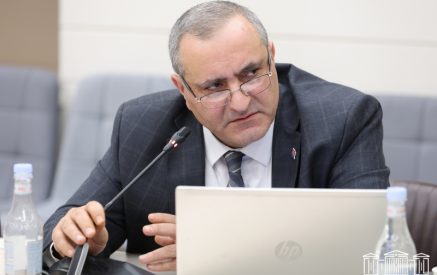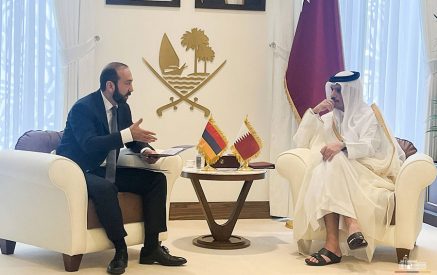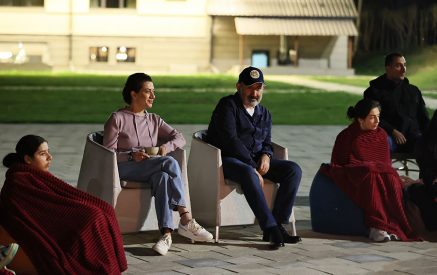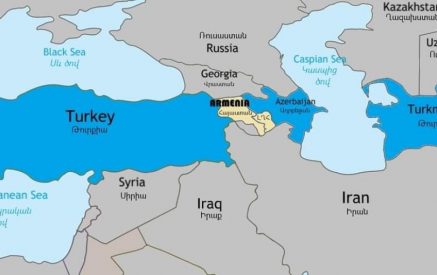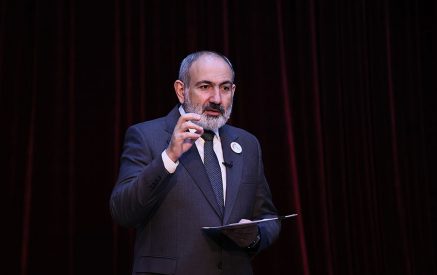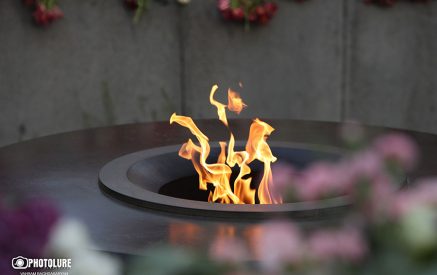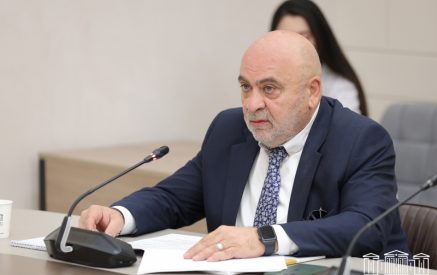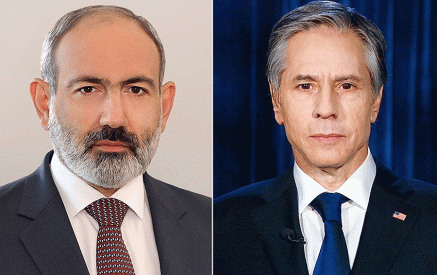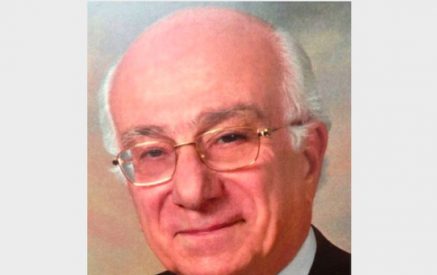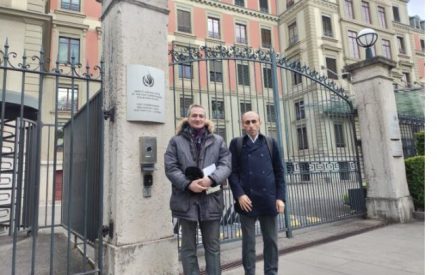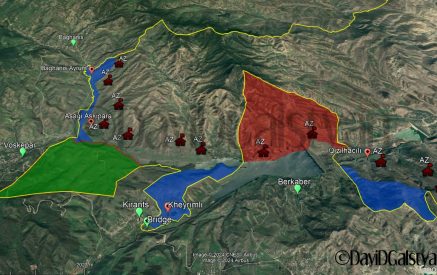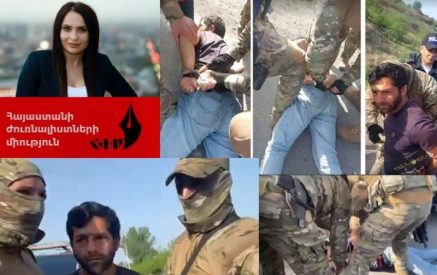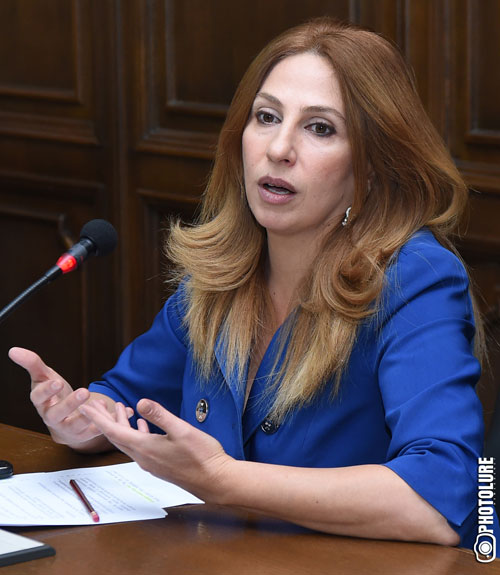The Need for Participation of the Armenian Diaspora in the Political Life of Armenia
In the 21st century, Armenians have two political units located on 42 thousand square kilometers of its historical land – Artsakh and Armenia. This territory is equal to about 10% of the historical homeland inhabited by only 10% of Armenians. The majority of Armenians live primarily in Russia, USA and France.
Although Armenia has gained its sovereignty 25 years ago, Armenians still live in the foreign countries. Besides, an influx of Armenians from the newly independent Armenia to the old Diaspora continued during these 25 years.
Read also
The Constitution of Armenia was adopted with mass falsifications in 1995 which banned dual citizenship for the Diaspora Armenians. During the entire period of the Armenian sovereignty, the ruling parties (Pan-Armenian National Movement led by Levon Ter-Petrosyan and at present days – the Republican Part of Armenia chaired by Serzh Sargsyan) refrained from involving Diaspora into the civil and political life of the country.
In 2015, the Constitutional amendments permitted dual citizenship but introduced another limitation. Despite having the Armenian or dual citizenship, the citizen of Armenia may have the right to vote or be elected if he or she lives in the country permanently.
During these past 25 years, the traditional Diaspora-based Armenian parties, either old or new Armenian Diaspora, did not have access or engagement in the political or civil life of the country. At present, there is a gap in this particular sphere of public life to be covered.
If the Diaspora does not and should not participate in the political life of Armenia (Diaspora representatives do not vote and get elected), then they unable to influence decision making. Armenia is home to only 10% of Armenians, with more than half of the population living in conditions of poverty and vulnerability. In these circumstances, it is hardly possible to create a democratic form of governance and guarantee free, independent and secure Armenia. Therefore, if we want to have a secure, sovereign and democratic Armenia, the Diaspora must participate in the civil and political processes taking place in the country.
More politically active Armenian Diaspora in the United States and Europe mostly focuses its efforts on achieving the official recognition of the Armenian Genocide of 1915. On the other hand, the Armenian community in Russia remains largely disengaged from lobbying of the political issues of Armenia.
Armenia and Diaspora exist separately from each other in the political aspect. Armenians living in different corners of the world do not have a single political agenda.
During 25 years of independence, the role of the Armenian Diaspora has been to support Armenia financially. Since 1991, Armenia has received several billions of dollars of financial aid from the Diaspora and the US Government. Money transfers from Armenians living in the Russian Federation make about 15% of the official GDP (some argue the real figure may be twice as high, given the “shadow” transfers made outside of the formal banking system) over the last 15 years. Armenia has reportedly received billions of dollars of financial support during 25 years of its independence, which, however, failed to exert any impact on the economic development of the country. Lacking any political focus or direction, this financial support mainly pursued philanthropic objectives.
The Armenian Diaspora should reconsider its stance on Armenia in the today’s world. It should make a shift from the donor support structure towards an active political player in the everyday life of the country.
Taking into account that nearly half of the current Armenian Diaspora consists of Armenians who left the country during the years of independence and still keep close ties with the homeland, they, as a human capital, are not engaged into the political life of the country. It can be said that politically active, competent human capital is in fact deprived of the opportunity to influence decisions made for the development of the country.
Millions of Armenians living around the world have either Armenian or dual citizenship. However, living abroad, they are, unfortunately, deprived of the voting right (prohibited by the Electoral Code).
The citizens of the Republic of Artsakh also don’t have the right to vote in Armenia (prohibited by the Electoral Code).
It appears that active Armenians actually fail to participate in the governance of the country.
The people is the only source of any power. In Armenia, the power belongs to the people. The people exercise its power through free elections, referenda. The citizens of the modern Armenia did not have access to this major provision of the law as long as the quarter of a century.
The public and the state institutions exercising the state power in Armenia, namely the president, the government, the National Assembly, have not been formed as a result of free elections for 25 years. The referendum for the Constitutional amendments (2015) has been also adopted as a result of gross violations. The objective of the amendments was to abolish the ban on balloting of the incumbent president as the first person of the executive power. Due to the amendments, the country made a transition from the presidential to the parliamentary form of governance. After his second presidential term, President Serzh Sargsyan plans to run the government.
There is actually a monopoly on power in Armenia. At present, the power is seized by President Serzh Sargsyan and the Republican Party. The seizure of power has also taken place during the regimes of Levon Ter-Petrosyan and Robert Kocharyan.
The 21st century Armenia needs its compatriots from around the world not in the status of donors but as active civil and political players who will directly participate in the political life of Armenia.
Entrenchment of such a political institution as free, equal and transparent elections can first and foremost provide a powerful impetus for the majority of citizens and consolidate the existing significant potential of the Armenian society. This could provide a huge breakthrough in the development of Armenia.
The political event “Parliamentary Elections in Armenia” should be used as the instrument for the political involvement of the Diaspora in shaping a single political agenda of the Armenian people.
To be continued…
Zaruhi Postanjyan
Member of the Armenian National Assembly
“Heritage” Faction

